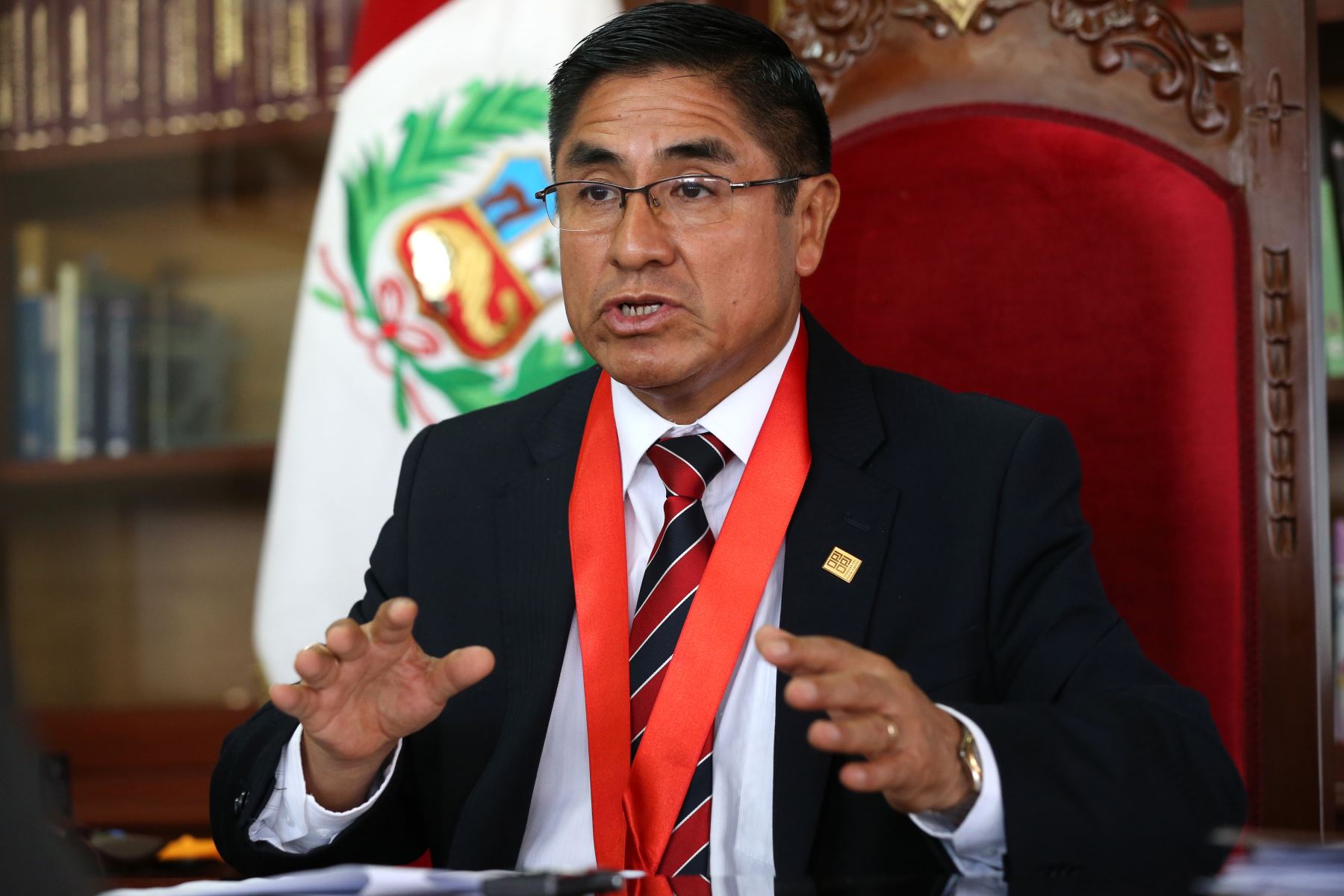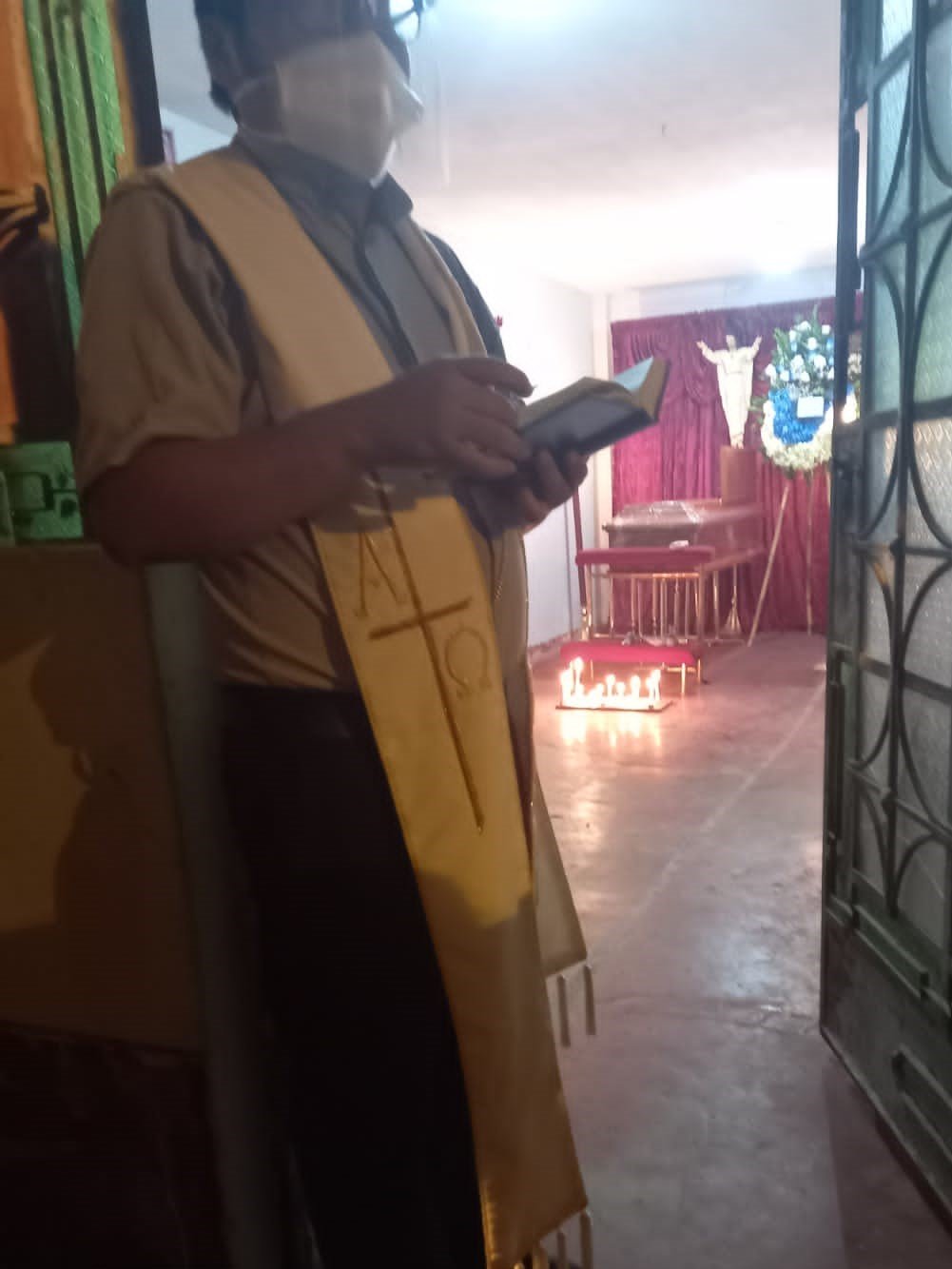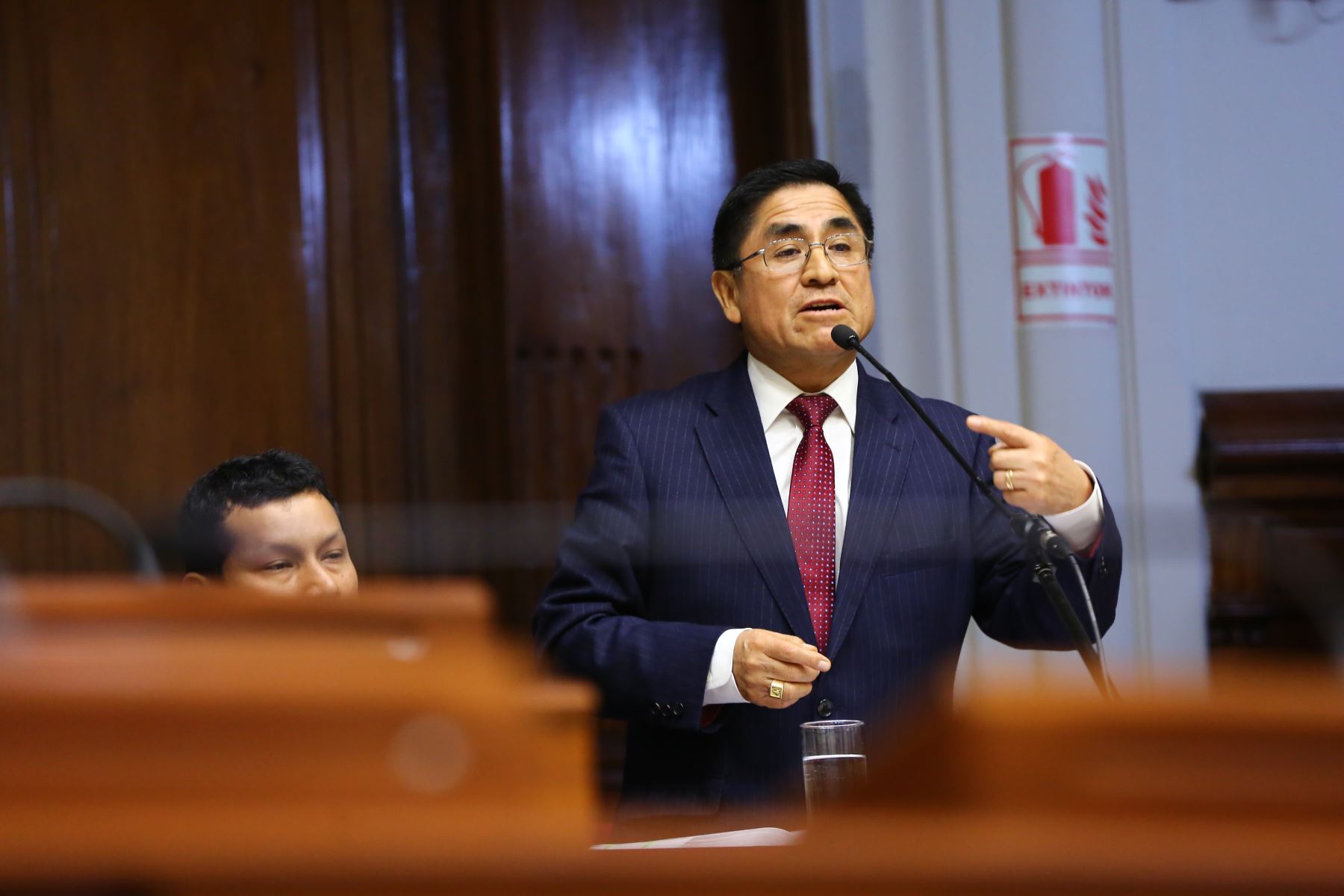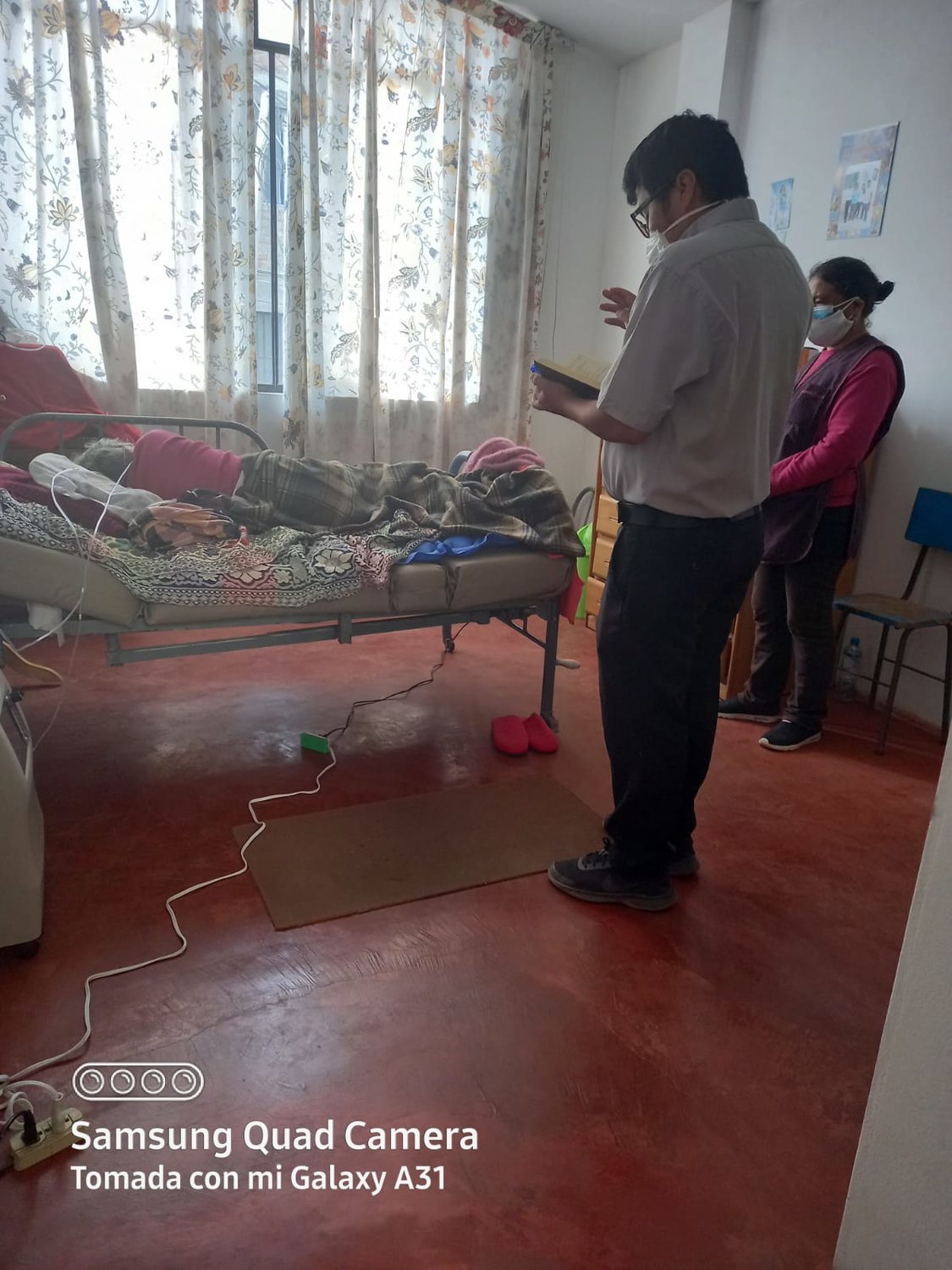César Hinostroza: Disgraced Peruvian Judge And Fugitive From Justice
Editor's Notes: César Hinostroza: Disgraced Peruvian Judge And Fugitive From Justice
To keep our readers informed about César Hinostroza: Disgraced Peruvian Judge And Fugitive From Justice, we have put together this César Hinostroza: Disgraced Peruvian Judge And Fugitive From Justice to help target audience make the right decision.
Main article topics:

Poder Judicial exige a César Hinostroza su renuncia al cargo de juez - Source andina.pe
FAQ
César Hinostroza: Disgraced Peruvian Judge And Fugitive From Justice. Frequently Asked Questions (FAQs) about the case of César Hinostroza, a former Peruvian judge who fled the country after being accused of corruption and money laundering.

Pandemic brought Fr. Anicama face-to-face with people’s total reliance - Source catholicmissourianonline.com
Question 1: Who is César Hinostroza?
César Hinostroza is a former Peruvian judge who served as a Supreme Court Justice from 2015 to 2018. In 2018, he was accused of corruption and money laundering, and he fled the country to avoid prosecution.
Question 2: What are the allegations against Hinostroza?
Hinostroza is accused of taking bribes in exchange for favorable rulings in court cases. He is also accused of money laundering, and of using his position to obstruct justice.
Question 3: Where is Hinostroza now?
Hinostroza is currently a fugitive from justice. He is believed to be living in Spain, but his exact whereabouts are unknown.
Question 4: What is the status of the case against Hinostroza?
The case against Hinostroza is ongoing. Peruvian authorities have issued an international arrest warrant for him, and they are working with Interpol to track him down.
Question 5: What are the potential consequences for Hinostroza if he is convicted?
If Hinostroza is convicted, he could face a lengthy prison sentence. He could also be fined, and he could be stripped of his law license.
Question 6: What are the implications of this case for the Peruvian justice system?
The case against Hinostroza has raised serious concerns about corruption in the Peruvian justice system. It has also led to calls for reform, and it has put pressure on the Peruvian government to take action to address corruption.
This case is a reminder that corruption is a serious problem in many countries, and that it can have a devastating impact on people's lives.
For more information, please visit César Hinostroza: Disgraced Peruvian Judge And Fugitive From Justice.
Tips by "César Hinostroza: Disgraced Peruvian Judge And Fugitive From Justice"
As a notorious fugitive from justice, César Hinostroza's insights on the judicial system and the nature of corruption hold significant value for understanding the inner workings of a corrupt legal system. While his actions were reprehensible, his experiences offer lessons that can guide efforts to restore integrity and accountability in the judiciary.
Tip 1: Pay Attention to Institutional Weaknesses
Hinostroza's experience highlights the importance of identifying and addressing weaknesses within judicial institutions. Corruption often takes root when there is a lack of transparency, accountability, and proper oversight. Implementing robust mechanisms for monitoring and enforcing ethical standards is crucial for preventing similar abuses of power in the future.
Tip 2: Promote Judicial Independence
Judicial independence is essential for ensuring fair and impartial justice. When judges are subject to political or other external pressures, they may be more susceptible to corruption. Establishing clear boundaries between the judiciary and other branches of government, as well as providing adequate resources for judges, helps safeguard their independence.
Tip 3: Empower Whistleblower Protection
Individuals with knowledge of corruption often face retaliation if they come forward. To encourage reporting of misconduct, comprehensive whistleblower protection measures must be implemented. This includes providing legal safeguards against reprisals, rewarding whistleblowers for their courage, and establishing anonymous reporting channels.
Tip 4: Enhance Transparency and Public Scrutiny
Sunlight is a powerful disinfectant when it comes to corruption. Increasing transparency in judicial proceedings, court records, and financial disclosures allows for public scrutiny and accountability. Implementing systems for open access to information and encouraging media coverage of judicial matters foster a culture of integrity.
Tip 5: Strengthen International Cooperation
Corruption can often transcend borders. International cooperation is crucial for investigating and prosecuting cross-border corruption. Strengthening extradition treaties, enhancing judicial assistance, and coordinating efforts with international organizations can help apprehend fugitives and bring them to justice.
By learning from the experiences of disgraced individuals like César Hinostroza, we can gain insights into the vulnerabilities of judicial systems and develop strategies to strengthen their integrity. Implementing these tips can help create a judiciary that is fair, impartial, and free from corruption.
César Hinostroza: Disgraced Peruvian Judge And Fugitive From Justice
César Hinostroza, a once-respected Peruvian judge, has become a symbol of corruption and the erosion of justice in Peru. His journey from a respected jurist to a fugitive from justice highlights the fragility of institutions and the corrosive effects of power on individuals.
- Corruption and Influence Peddling
- Flight from Justice
- Weakening of Judicial Independence
- Erosion of Public Trust
- Symbol of Systemic Corruption
- International Impunity

César Hinostroza: cronología del proceso de extradición por caso Los - Source andina.pe
Hinostroza's actions have not only damaged Peru's judicial system but also undermined the trust of citizens in the rule of law. His flight from justice is a testament to the impunity that often accompanies high-level corruption. The international search for Hinostroza underscores the need for global cooperation in combating corruption and ensuring that those who abuse their power are held accountable.
César Hinostroza: Disgraced Peruvian Judge And Fugitive From Justice
César Hinostroza is a Peruvian judge who is wanted by Interpol for corruption and money laundering. He is currently a fugitive from justice and is believed to be hiding in Spain. Hinostroza was a high-ranking judge in the Peruvian judiciary before he was accused of taking bribes in exchange for favorable rulings. He was also accused of being a member of a criminal organization that was involved in the trafficking of drugs and arms.

Pandemic brought Fr. Anicama face-to-face with people’s total reliance - Source catholicmissourianonline.com
In 2018, Hinostroza fled Peru after his arrest was ordered. He has since been living in Spain, where he has been fighting his extradition to Peru.
The case of César Hinostroza is a reminder of the importance of the rule of law. No one is above the law, not even judges. Hinostroza's flight from justice shows that he believes he is above the law. However, he will not be able to escape justice forever. The Peruvian authorities are determined to bring him to justice, and Interpol is working to track him down.
Table of Key Facts:
| Name | Title | Allegations | Status |
|---|---|---|---|
| César Hinostroza | Judge, Peruvian Judiciary | Bribery, money laundering, membership in a criminal organization | Fugitive from justice, hiding in Spain |
Conclusion
The case of César Hinostroza is a reminder of the importance of the rule of law. No one is above the law, not even judges. Hinostroza's flight from justice shows that he believes he is above the law. However, he will not be able to escape justice forever. The Peruvian authorities are determined to bring him to justice, and Interpol is working to track him down.
Hinostroza's case is also a reminder of the importance of judicial independence. Judges must be able to make decisions without fear of reprisal. In Peru, judges have been subjected to threats and intimidation for years. This has made it difficult for judges to do their jobs and has undermined the rule of law.